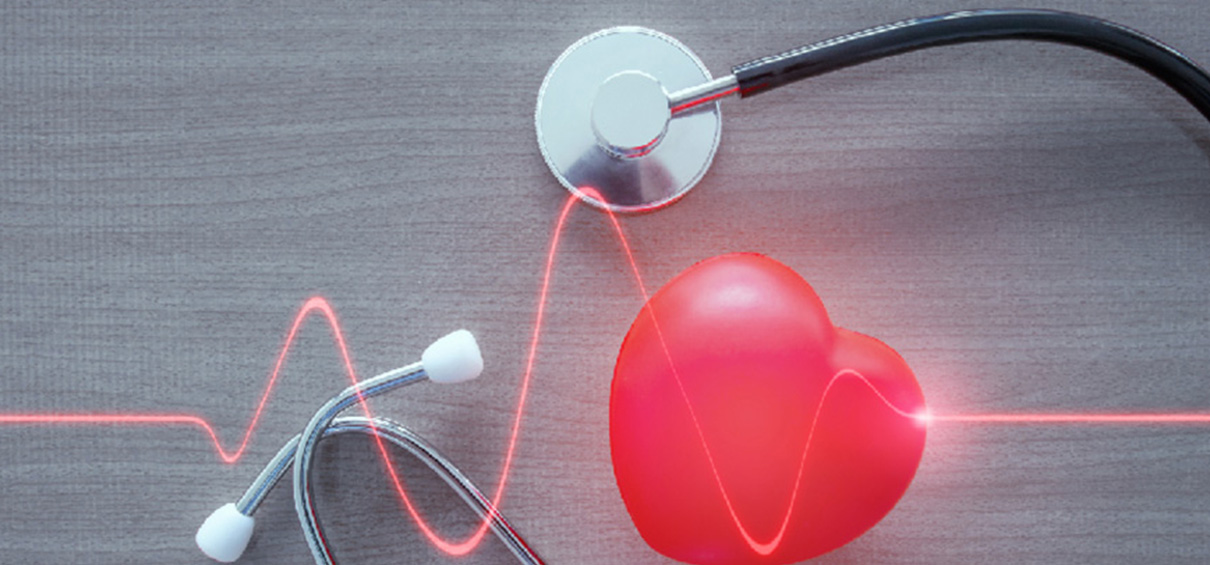
 Q1. What is an ECG or an EKG?
Q1. What is an ECG or an EKG?
An electrocardiogram (ECG or EKG) is a test that checks how your heart is functioning by measuring the electrical activity of the heart. With each heartbeat, an electrical impulse (or wave) travels through your heart. This wave causes the muscle to squeeze and pump blood from the heart.
An ECG measures and records the electrical activity that passes through the heart. A doctor can determine if this electrical activity is normal or irregular.
An ECG may be recommended if you are experiencing arrhythmia, chest pain, or palpitations and an abnormal ECG result can be a signal of several different heart conditions.
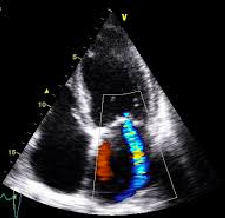 2-Dimensional Echocardiogram (Cardiac Ultrasound)
2-Dimensional Echocardiogram (Cardiac Ultrasound)
This is a safe and painless procedure that uses a transducer (a small, microphone-type device) to send high-frequency sound waves to the heart. The technologist can view the heart valves and pumping strength, look for structural defects, heart enlargement and/or fluid buildup. A Doppler exam and Color Flow exam are also performed. This allows doctors to evaluate blood flow through the heart. The technologist will videotape parts of the study for later diagnosis by the cardiologist.
4D Echocardiography – with new technology to new bordersThe only current method in cardiology by which the heart can be studied with high spatial and temporal resolution in three dimensions in real-time.
Unlike sectional imaging technologies (CT and MRI) conventional echocardiography was unable to display neither spatial relationship to other structures nor multi-dimensional image representation. With the introduction of real-time 3D echocardiography, dimensional images of the heart, and especially of the heart valves, are now possible.
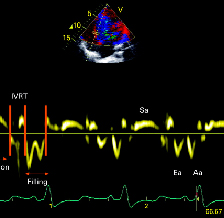
Tissue Doppler imaging (TDI) is a sensitive and accurate echocardiographic tool for quantitative assessment of cardiac function. This paper reviews recent studies that focused on the prognostic role of TDI-derived parameters in major cardiac diseases, such as heart failure, acute myocardial infarction, and hypertension.
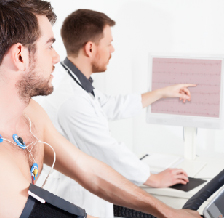
In a stress test, you walk on a treadmill that makes your heart work progressively harder. An electrocardiogram (ECG) monitors your heart’s electrical rhythms. The doctor also measures your blood pressure and monitors whether you have symptoms like chest discomfort or fatigue. Abnormalities in blood pressure, heart rate, or ECG or worsening physical symptoms could point to coronary artery disease (CAD): fatty deposits (plaques) that reduce the flow of oxygen-rich blood to the heart muscle.
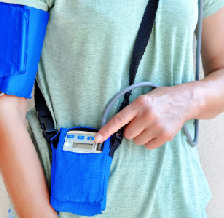
A Holter monitor is a continuous recording of your EKG — or heartbeat — for 24 hours. Since it can be worn during your regular daily activities, it can help your doctor diagnose what is causing symptoms of dizziness, abnormal heartbeats or black-outs.
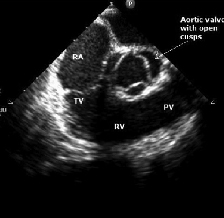
Transesophageal echocardiography (TEE) is a test that produces pictures of your heart. TEE uses high-frequency sound waves (ultrasound) to make detailed pictures of your heart and the arteries that lead to and from it. Unlike a standard echocardiogram, the echo transducer that produces the sound waves for TEE is attached to a thin tube that passes through your mouth, down your throat, and into your esophagus. Because the esophagus is so close to the upper chambers of the heart, very clear images of those heart structures and valves can be obtained.
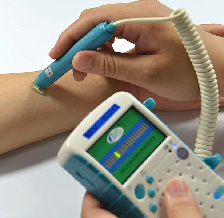
The most common reason for a venous ultrasound exam is to search for blood clots, especially in the veins of the leg. This condition is often referred to as deep vein thrombosis or DVT. These clots may break off and pass into the lungs, where they can cause a dangerous condition called pulmonary embolism. If found in time, some treatments can prevent this from happening.
Doppler ultrasound images can help the physician to see and evaluate:Nr. SiddharthBunglowsy Sama-SavIi Road,
Vadodara-390022
+91-997 984 1924
(24/7 General inquiry)